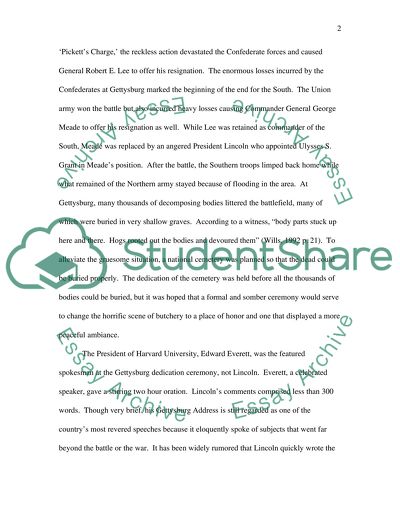Cite this document
(“Early American History - Abraham Lincoln Essay Example | Topics and Well Written Essays - 2000 words”, n.d.)
Retrieved from https://studentshare.org/history/1538010-early-american-history-abraham-lincoln
Retrieved from https://studentshare.org/history/1538010-early-american-history-abraham-lincoln
(Early American History - Abraham Lincoln Essay Example | Topics and Well Written Essays - 2000 Words)
https://studentshare.org/history/1538010-early-american-history-abraham-lincoln.
https://studentshare.org/history/1538010-early-american-history-abraham-lincoln.
“Early American History - Abraham Lincoln Essay Example | Topics and Well Written Essays - 2000 Words”, n.d. https://studentshare.org/history/1538010-early-american-history-abraham-lincoln.


